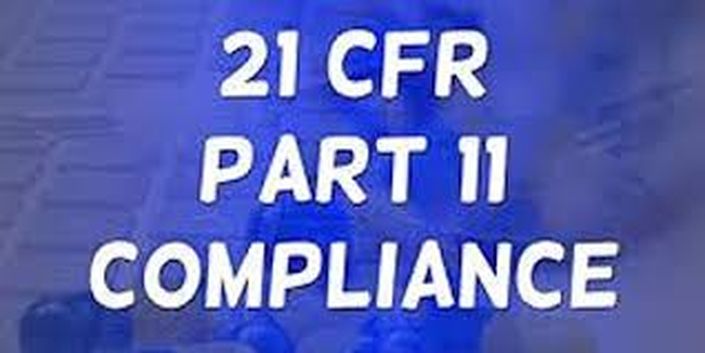Overview
An effective complaint handling system is an extremely important part of any quality system whether you are a medical device or pharmaceutical manufacturer. Manufacturers should understand that any complaint received on a product shall be evaluated and, if necessary, thoroughly investigated and analyzed, and corrective action shall be taken. Manufacturers must ensure that they have a well-designed system to address complaints related to their products. Components of a well-designed system include: process/procedure, trained personnel, and proper record keeping. Complaint handling is no easy task. Management might overlook the importance of customer feedback and be unable to capture all complaints coming from disparate sources. Plus, the additional regulatory reporting requirement related to adverse events may seem overly burdensome to device makers in particular. A strategic risk-based methodology can help streamline the complaint-handling process in medical device manufacturing.
Written procedures for complaint handling will ensure that all complaints are reviewed in a timely and uniform manner. A complaint log or complaint file is required and should be updated whenever necessary. Basic information for the file includes but is not limited to the name of the device, date the complaint was received, complainant name and address, nature and details of the complaint, and the device identification/control number. When reviewing a complaint, be sure to determine whether any additional investigation is necessary. Any complaint involving the possible failure of a device, labeling, or packaging to meet any of its specifications should be investigated further. Pay special attention to whether the complaint triggers any reporting requirements under FDA regulations. If the complaint triggers a Medical Device Report (MDR), ensure that the complaint file is clearly identified or maintained separately from other complaint files.
The results of this evaluation should lead to a conclusion regarding whether the complaint was valid, what the root cause of the complaint was, and what action is necessary to prevent further occurrences. Complaints cannot be ignored. They are an excellent indicator of problems with the use, design, and/or manufacture of a product. A single complaint that is thoroughly investigated may lead a company to take remedial or corrective action. It may also take an ongoing analysis of numerous complaints before a trend is spotted that causes a company to initiate changes in their product, labeling, packaging or distribution. The regulatory expectations for both pharmaceuticals and medical devices will be emphasized as well as overview of best practices for timely and effective investigations. Common FDA observations are inadequate procedures or not following procedures for receiving, reviewing, and evaluating complaints; failure to close out complaints in a timely manner; and a disconnect between complaints with adverse events and MDR requirements.
Webinar Takeaway
- Log the complaint at intake, investigate, deliver resolution, regulatory reporting and closeout
- Understand how and why CAPA is tied in to product complaint investigations
- Examples of tools currently being used to conduct investigations
- Risk-based decision making and escalation rules and triggers associated with complaint handling
- How far and in-depth do you go with your investigations and RCA (Root Cause Analysis)
- Details do matter and data capture with analyses and investigations
- What are current FDA “hot” buttons and trends
- Benchmarks and best practices for investigations
- How to become a “good” investigator and the emphasis on closed-loop investigations
- Trending of complaints, criteria and categories
- Trending complaint data helps management detect patterns of failures and evaluate the effectiveness of CAPA and how it impacts effectiveness checks
- How to improve and bullet-proof your product complaint management system with investigations
Who will Benefit
All levels of Management for all departments and those who desire a better understanding of complaint handling from intake or receipt, processing and investigation, trending and to close-out, including:
- Complaint Handling Unit
- Complaint Analyst
- QA/QC/Compliance/Regulatory Affairs
- Marketing & Sales & Customer Service
- Quality Engineering
- Field Service
- Engineering/Technical Services
- Consultants
- Operations and Manufacturing
Industries who can attend
This 60 -minute online course is intended for professionals in the Medical Device, Biotechnology,Pharmaceutical Industry. Although not presently stated in the draft , the same guide could be used by FDA Regulated Industries personnel.
Faculty David R. Dills
David R. Dills, is currently the Director of Regulatory Services at CROMSOURCE, an international contract research organization (CRO to the pharmaceutical, biotechnology, and medical device industries. Mr. Dills has more than 28 years of experience in the medical device and pharmaceutical industry. He has held positions of increasing responsibility with sponsor and service companies of various sizes, including large, global OEM’s/sponsors, consultancies and a global CRO, as well as virtual, small, mid and large-sized enterprises and has serviced sponsors and clients in multiple global locations. Mr. Dills’ most recent position was President and Principal, Global Regulatory Affairs Consultant with a consultancy in the US, and prior to that he served in senior level regulatory and compliance roles for various organizations.




